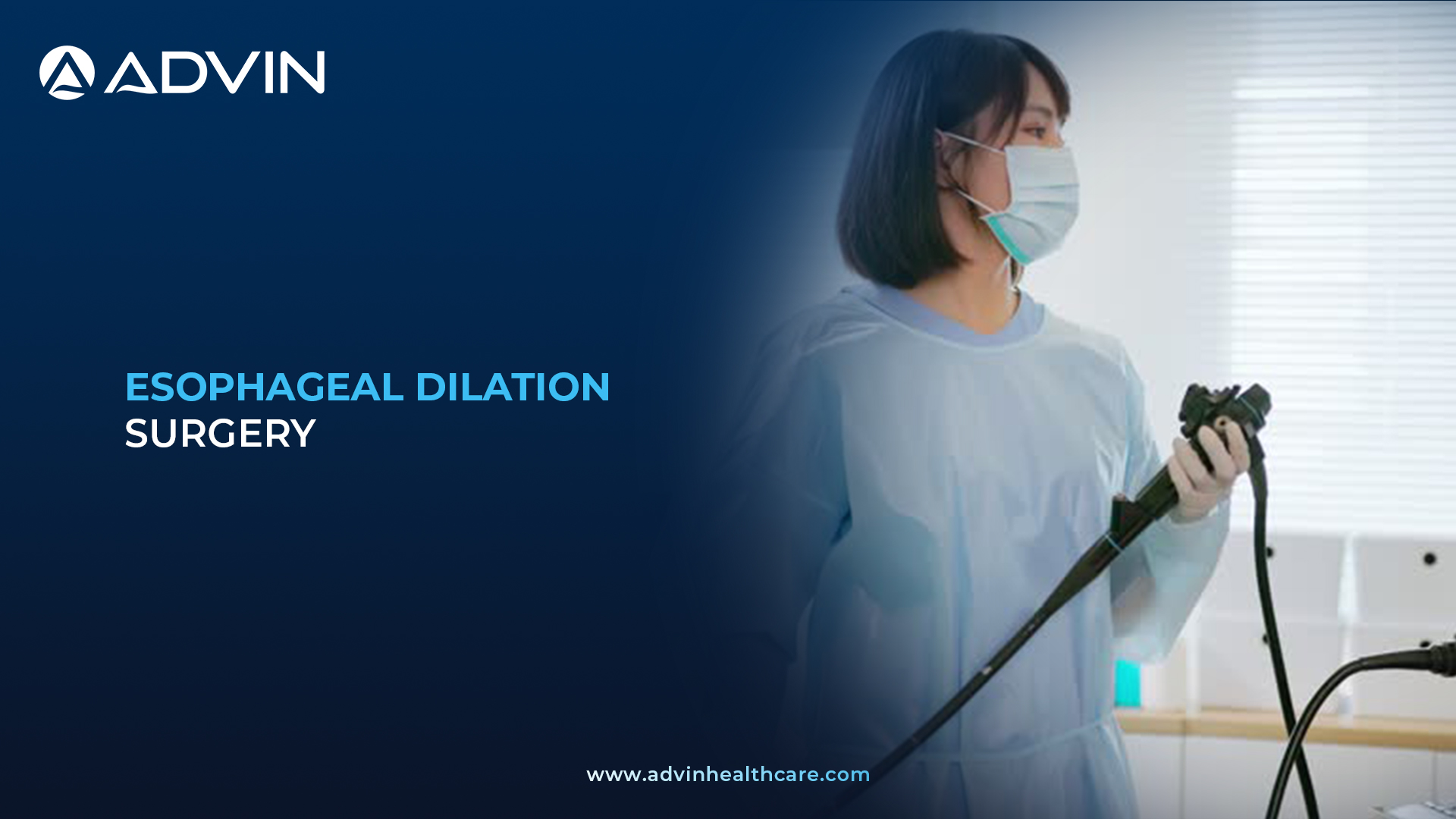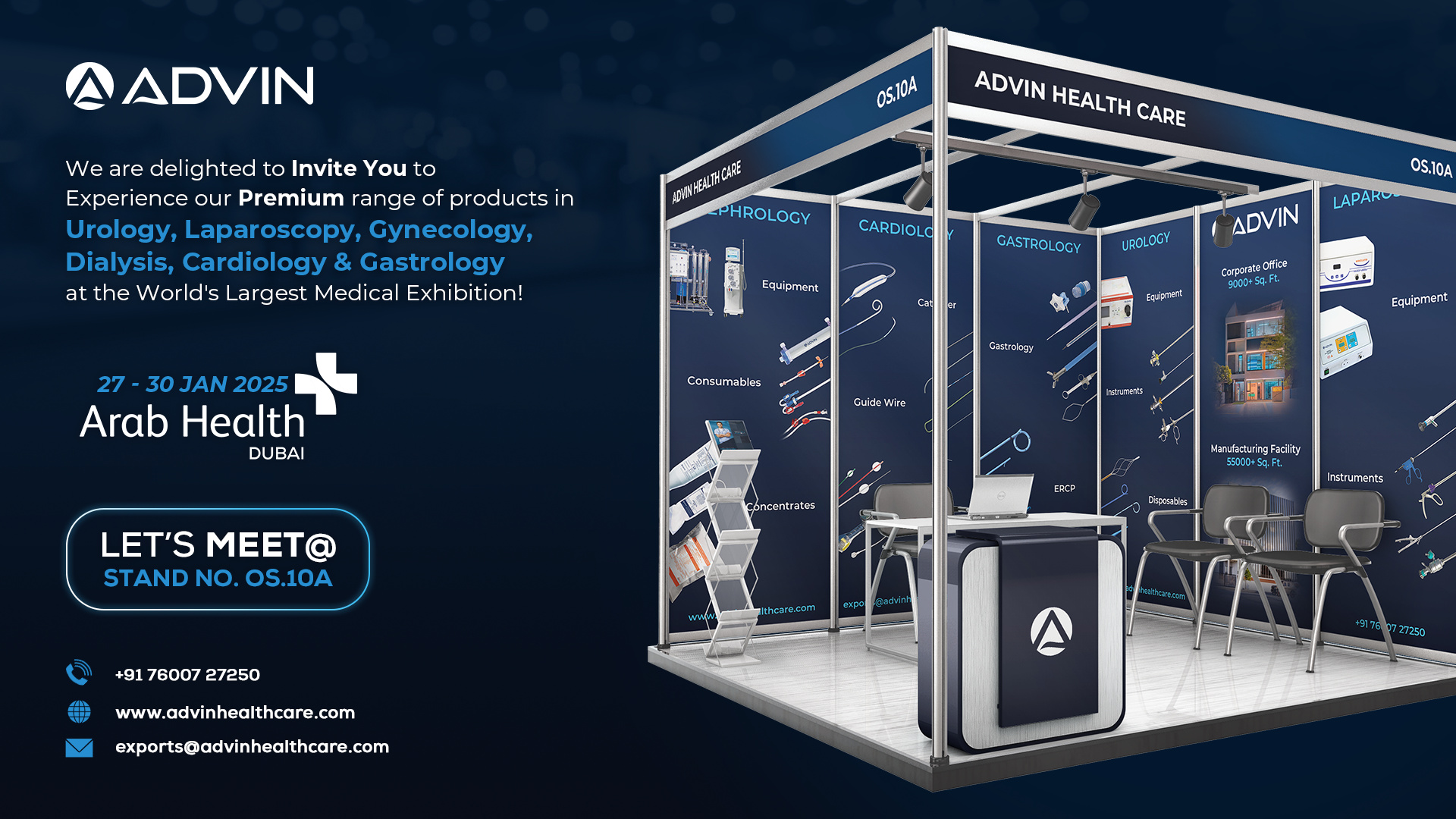Understanding Esophageal Dilation
Esophageal Dilation is a procedure used to widen a narrowed section of the esophagus. This narrowing, also called a stricture, can make swallowing difficult or painful. The surgery is commonly done using endoscopy with special tools to gently stretch the narrowed area.
Gentle Expansion for Easier Swallowing
Esophageal Dilation is usually performed using a flexible endoscope passed through the mouth to visualize the esophagus. Once the narrowed area is identified, either a balloon dilator or a bougie dilator is inserted. The balloon is inflated or the bougie is advanced to gradually stretch the narrowed segment. Local anesthesia and light sedation are commonly used to make the procedure comfortable. Fluoroscopy may be used for real-time imaging during the dilation. This procedure allows food and liquid to pass more easily through the esophagus, greatly improving swallowing function.
When is Esophageal Dilation Needed?
- To treat esophageal strictures caused by chronic acid reflux or GERD.
- To manage narrowing from radiation therapy, surgery, or cancer treatment.
- To relieve difficulty swallowing (dysphagia) in conditions like achalasia or eosinophilic esophagitis.
- To improve quality of life in patients with benign or malignant esophageal narrowing.
Endoscopic Tools Used in Esophageal Dilation
- Esophageal Balloon Dilator
- TTS (Through-The-Scope) Balloon Dilator
- Wire-Guided Bougie Dilator
- Esophageal Stent
- Endoscopic Guide wire
- Endoscope with Channel
- Fluoroscopy Equipment (for guided dilation)
- Lubricant Gel for Endoscopy
- Mouth Guard for Endoscopy
- Suction Irrigation Device
Types of Esophageal Dilation Techniques
There are three main types of esophageal dilation techniques: bougie dilation, balloon dilation, and guided wire dilation. Bougies are tapered tubes passed into the esophagus to stretch narrowed areas gradually. Balloon dilators, inserted endoscopically, are inflated at the stricture site for controlled expansion. Fluoroscopy or endoscopy is often used to guide these tools for safe placement. The selection depends on the cause, location, and complexity of the esophageal narrowing.
Clinical Advantages of the Procedure
- Restores normal swallowing function and reduces discomfort.
- Minimally invasive with fast recovery and minimal scarring.
- Can be repeated safely in cases of recurring strictures.
- Often performed as an outpatient procedure, reducing hospital stays.
- Improves nutrition intake and overall quality of life.
Advin Health Care is a leading manufacturer of Esophageal Dilation Surgery-related products, offering a complete range of dilation tools, endoscopic accessories, and stent systems for global markets.
Get Connected:
+91-75037 27250 | gastrology@advinhealthcare.com | www.advinhealthcare.com


